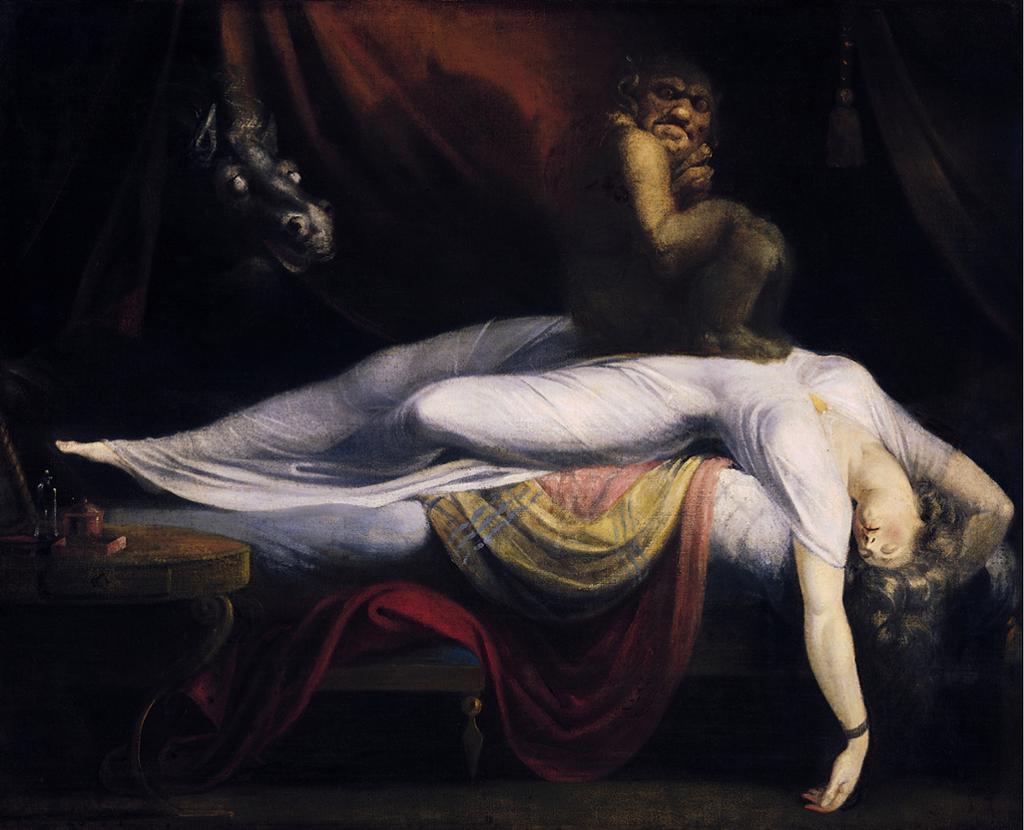Tasks: Gothic Literature
Read the text carefully before you answer the questions.
What literary period do the first works of Gothic literature belong to?
Is Gothic literature limited to just one literary period?
What literary period was the Romantic Period a reaction to?
What characterises Gothic literature?
Which of the examples of Gothic literature from the text had you heard of before? Have you read or watched adaptations of any of the works?
Why do people enjoy scary stories? Do you enjoy scary stories?
What are the main differences between the Gothic genre and the horror genre?
What are the main difference between the Gothic genre and the fantasy genre?
Work in pairs or in groups. Make a presentation to be held before another group, or in class.
Find out more about an author who writes Gothic literature, and introduce at least one of their works.
Watch an adaptation of a classic work of Gothic literature, and present an analysis of it, where you focus on genre traits.
The Goth subculture emerged in the 1980s. The subculture got its name from Gothic rock. Find out more about the subculture, and discuss what, if any, relation Gothic rock and the Goth subculture has to Gothic literature.
Choose one of the tasks and write a longer text.
Write a text where you discuss why Gothic literature remains a popular genre to this day.
Compare a classic work of Gothic literature with a modern work of Gothic literature.
Write an analysis of the painting The Nightmare by John Henry Fuseli, seen in the box below. What are the Gothic elements in this painting?

Pick one of the tasks.
Write your own short story, using the Gothic genre.
Make an adaptation of a Gothic work. Make a film or perform your adaptation before class.
Work together as a class.
Host a Gothic evening at school. (Make sure you get permission from the headmaster.)
Invite students to enjoy a screening of a film in the Gothic genre. Encourage the use of relevant costumes. Serve Gothic-inspired cakes or other simple dishes. Have a Gothic-themed quiz, etc.
Relatert innhald
Excerpts from the novel Frankenstein: Or, the Modern Prometheus by Mary Shelley.